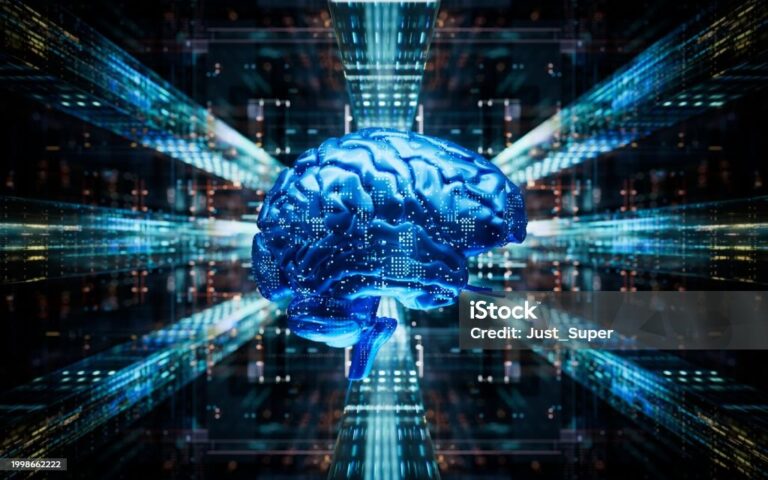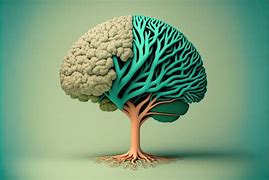
Definition of Intelligence
What is intelligence?
Before we delve into the concept of artificial intelligence, it’s essential to first define what we mean by intelligence. Intelligence is a profound quality, often seen as one of life’s mysteries. I believe it is primarily a human peculiarity—one of the secrets that set us apart. Therefore, I find it inappropriate to label machines with the term “artificial intelligence.” Instead, we should consider a different term that more accurately reflects the capabilities of machines, as I firmly believe that true intelligence is unique to humans, and machines cannot think or possess intelligence in the same way we do.
But what exactly is intelligence? Is it simply the ability to excel in education, creativity and invention, or does it go beyond that?

the concept of intelligence
Let’s take a closer look at the concept of intelligence.
Intelligence has many facets, different types, and diverse effects in our world. If we ask leading scientists in different disciplines to define intelligence, we will end up with a number of concepts equal to the number of disciplines, since each discipline has a special context and perspective different from the concept of intelligence.
Types of Intelligence
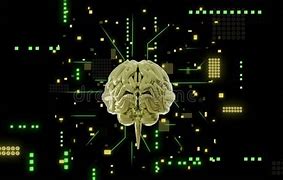
Intelligence has several types, including the following:
1 Natural intelligence: sensitivity or awareness towards nature and the ability to nurture and work with natural elements.
2 Linguistic intelligence: the ability to use language skillfully.
3 Intelligence in dealing with others: skill in understanding others, working and dealing with them
4 Physical and motor intelligence: efficiency in using the body effectively
5 Logical and mathematical intelligeTypes of Intelligencence: competence in logical thinking and problem solving
6 Spatial intelligence: the ability to imagine and process objects in three-dimensional space
7 Inner intelligence: the ability to understand oneself and its motivations
8 Auditory intelligence: sensitivity to tone and rhythm
9 Visual intelligence: the ability to absorb and analyze things around us in a visual way
10 Sensory intelligence: the ability to coordinate the body and mind
Other types such as emotional intelligence, excitement intelligence, and conscious intelligence, which include competencies such as self-awareness, self-regulation, social and moral skills are all other aspects of intelligence, and the list goes on and on.
Intelligence is not a homogeneous entity
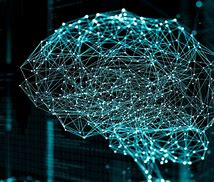
Therefore, Intelligence is not a singular entity; rather, it encompasses a diverse array of forms. This complexity complicates our understanding and measurement of intelligence, as we struggle to fully capture its various dimensions, including creativity, emotional intelligence, and problem-solving skills.
Man versus machine
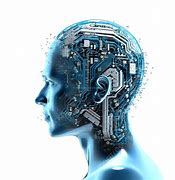
In our rapidly evolving digital landscape, the concept of intelligence is becoming increasingly multifaceted. The rise of artificial intelligence (AI) poses significant challenges to traditional notions of intelligence. We are now confronted with questions about what it truly means to be intelligent and whether machines can genuinely replicate human cognitive functions across these diverse areas. The answer, however, is that machines do not possess intelligence in the same way humans do.
That said, machines excel in two key areas:
1. Speed of Data Processing: Machines can process information at speeds that far exceed human capabilities, often reaching levels that are beyond our comprehension.
2. Data Storage and Retention: Machines can store vast amounts of data, information, and programs without the limitations of human memory. Unlike humans, they do not forget what is stored, regardless of the volume.
These advantages enable machines to replicate specific facets of human thinking, not through intelligence but by employing sophisticated programs, algorithms, and human-crafted logic. These systems draw inspiration from the functioning of the human brain, particularly through networks of interconnected neurons, commonly referred to as neural networks. The algorithms and programs that power artificial intelligence effectively simulate these neural networks, allowing machines to execute tasks that seem intelligent. However, this process is fundamentally distinct from human cognition, even as it can outperform human capabilities in certain areas.

